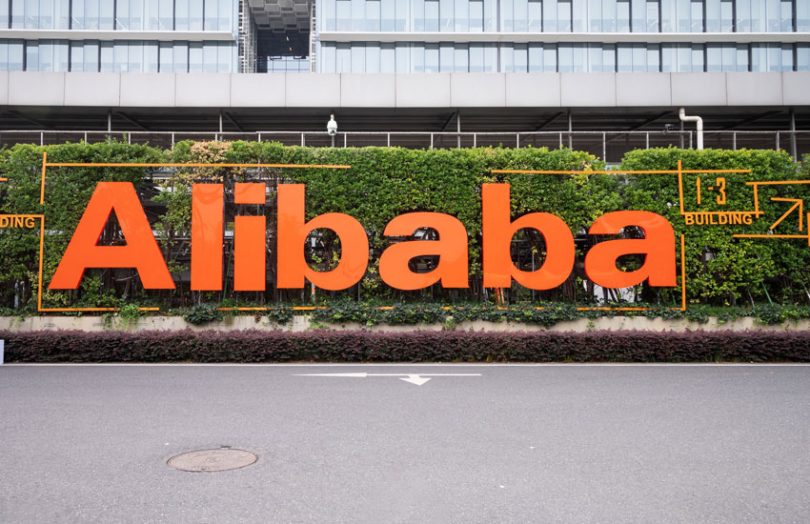Last week, Alibaba announced that its cross-border e-commerce unit Kaola upgraded its product traceability system to include blockchain, reported Beijing News. The shopping platform is using Ant Financial’s blockchain technology to record logistics details, customs clearance, and product registration.
Last year, Alibaba acquired Kaola from NetEase in a $2 billion deal. Kaola is one of the biggest e-commerce platforms selling imported goods in China. Leveraging blockchain, Kaola will provide a traceability icon on the order page after a consumer purchases the item.
For physical tracking of goods, imported products will be tagged with a two-dimensional code, likely a QR code, and anti-counterfeit fingerprints such as chemical tagging or laser etching. The blockchain will track the movement of goods from its suppliers to its online listing and on to the customer.
Zhao Jiechen, supply chain quality manager of Kaola told Beijing News: “The biggest significance of blockchain for traceability is to let consumers know where their goods come from, where they have been, and where they are, and use technology to make information more transparent.”
The blockchain upgrade of the traceability solution will cover all of Kaola’s products, and going forward, third party merchants on the platform and overseas direct mail services will also use the blockchain. Alibaba plans to scale the solution to cover 62 countries and regions, 2,897 categories and 7,432 brands.
Alibaba is no stranger to blockchain, and founder Jack Ma has said he is bullish about the distributed ledger technology. The e-commerce giant has previously worked with Ant on a rice traceability blockchain.
Alibaba Cloud has a Blockchain as a Service (BaaS) offering, which supports Hyperledger Fabric, Ant Blockchain and Quorum.
Additionally, Alibaba operates a blockchain for charities, called ‘Charities on the Chain’ to provide transparency to donors, beneficiaries and keep track of donations.






